As a medical practice that values transparency and education, we believe an educated patient is our best patient. As such, our goal is to provide a customized health plan that meets your needs and delivers the right care for the right reasons in the right manner!
At the Vein Institute of NJ, we realize people may not be familiar with the blue- or purple-colored veins appearing on their legs. While spider veins and varicose veins are better known, reticular veins are less common. They tend to be smaller than varicose veins and non-protruding on the skin, but yet they do create[…]
As we discussed in Part I in our series on leg pain (aka claudication), there are many sources contributing to the discomfort we feel in our legs. One of the most common causes, however, is poor circulation or Peripheral Artery Disease (PAD). In part II, we’ll discuss the various treatment strategies available from[…]
If you are a woman and have chronic pelvic pain, you may have what is known as Pelvic Congestion Syndrome, or PCS.
As a combined practice, the Cardiovascular Care Group and Vein Institute of NJ focus on a variety of issues involving the arteries and veins of your body. And as board-certified vascular surgeons, we are able to provide some of the foremost diagnostics and treatments for these vascular issues.
When it comes to treating veins, one of the most common cosmetic procedures performed by our vein doctors is sclerotherapy – the use of a liquid chemical called a sclerosant that is painlessly injected into the affected vein.


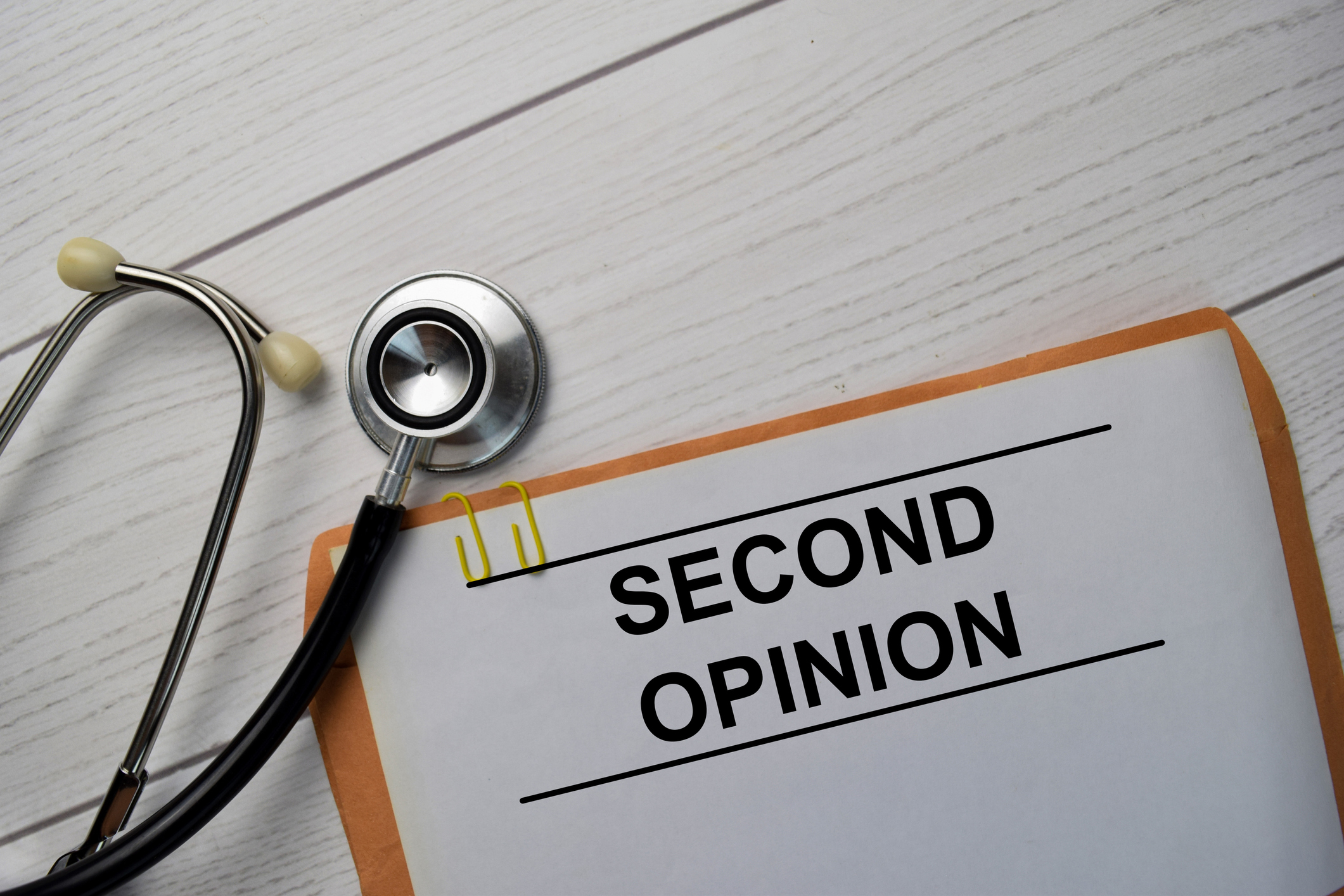

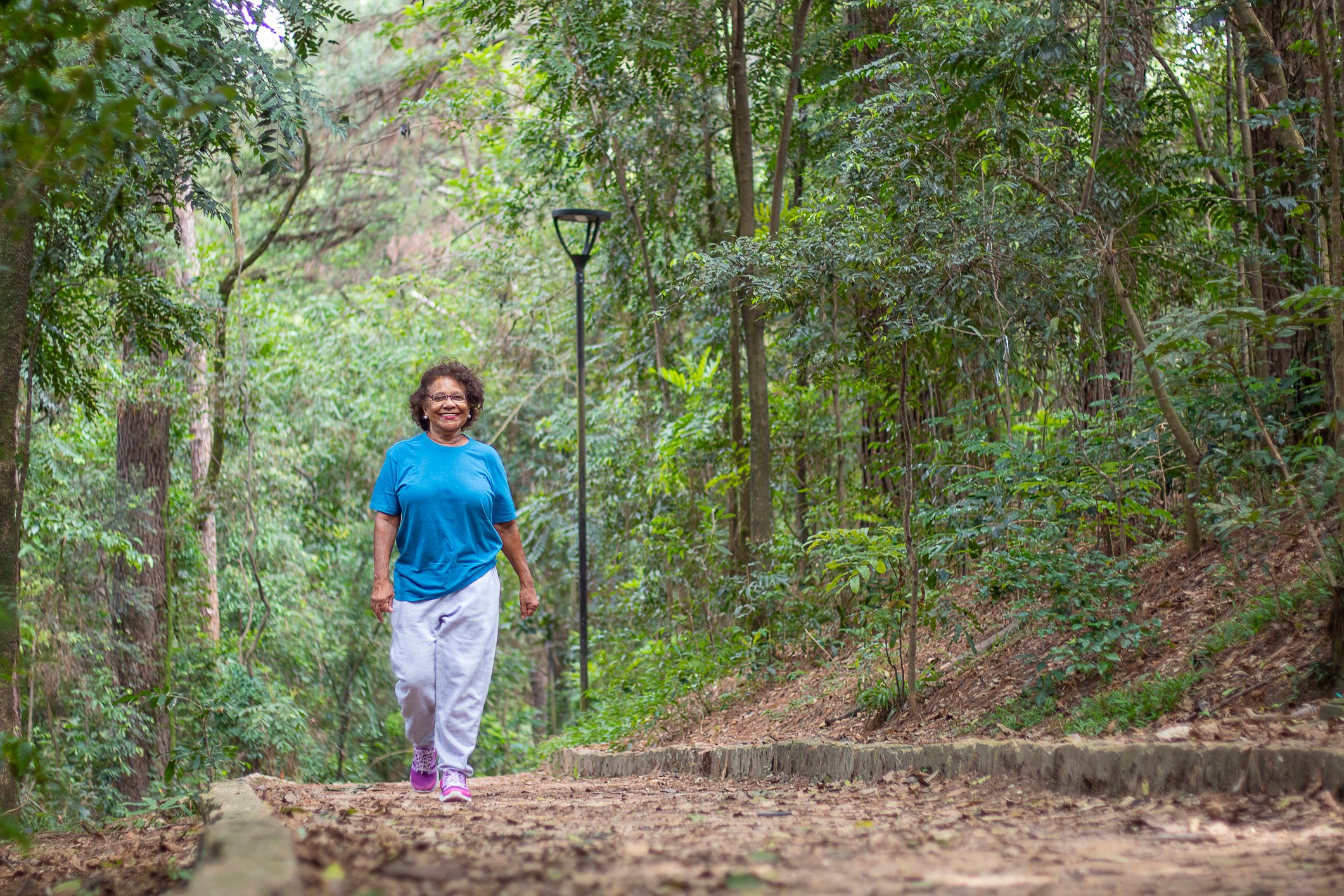

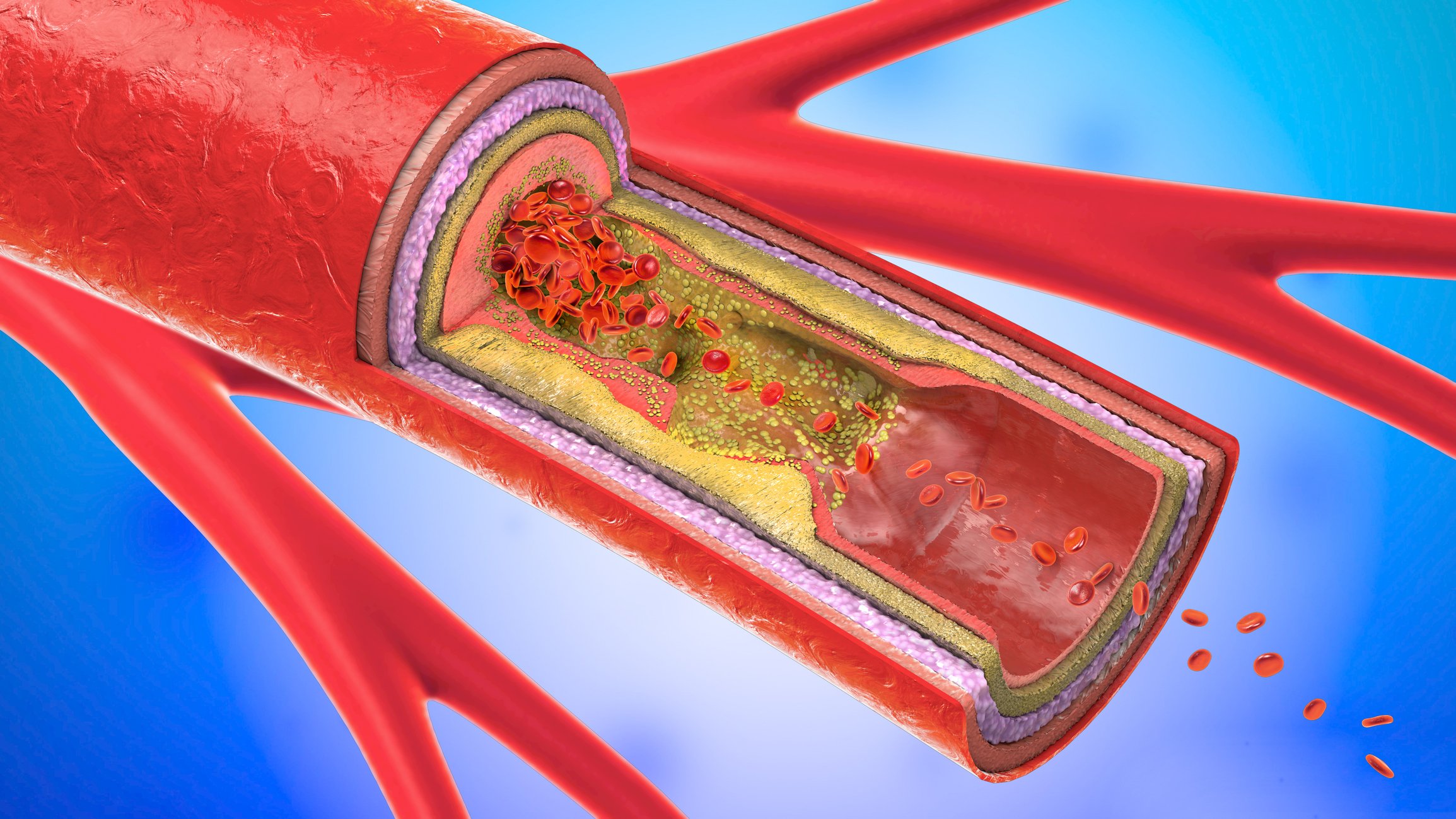
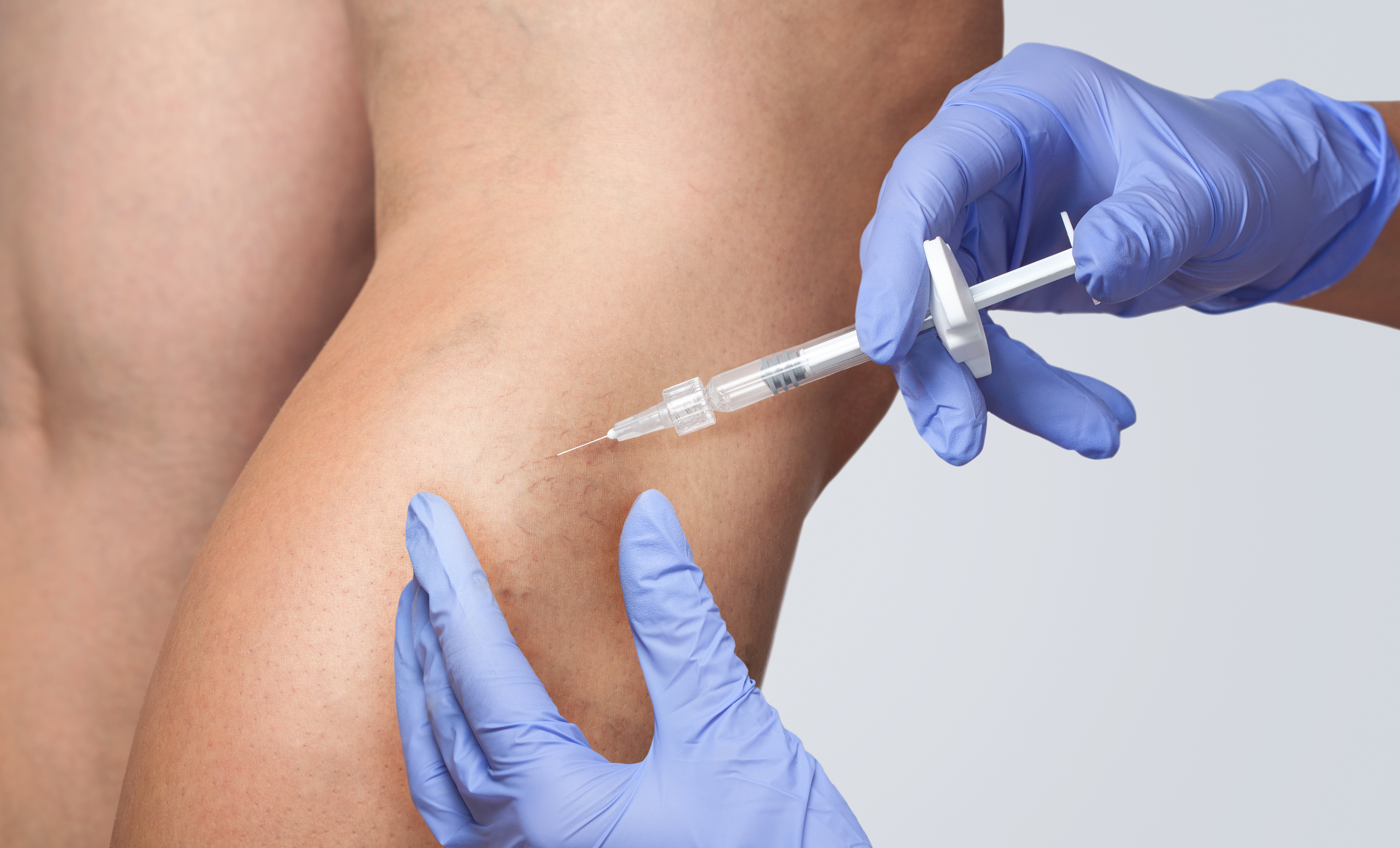



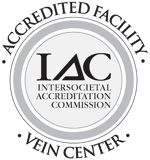
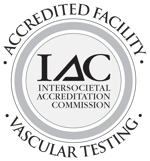
.jpg?width=944&name=Castle-Connolly-Top-Doctors-Emblem-Large%20(4).jpg)